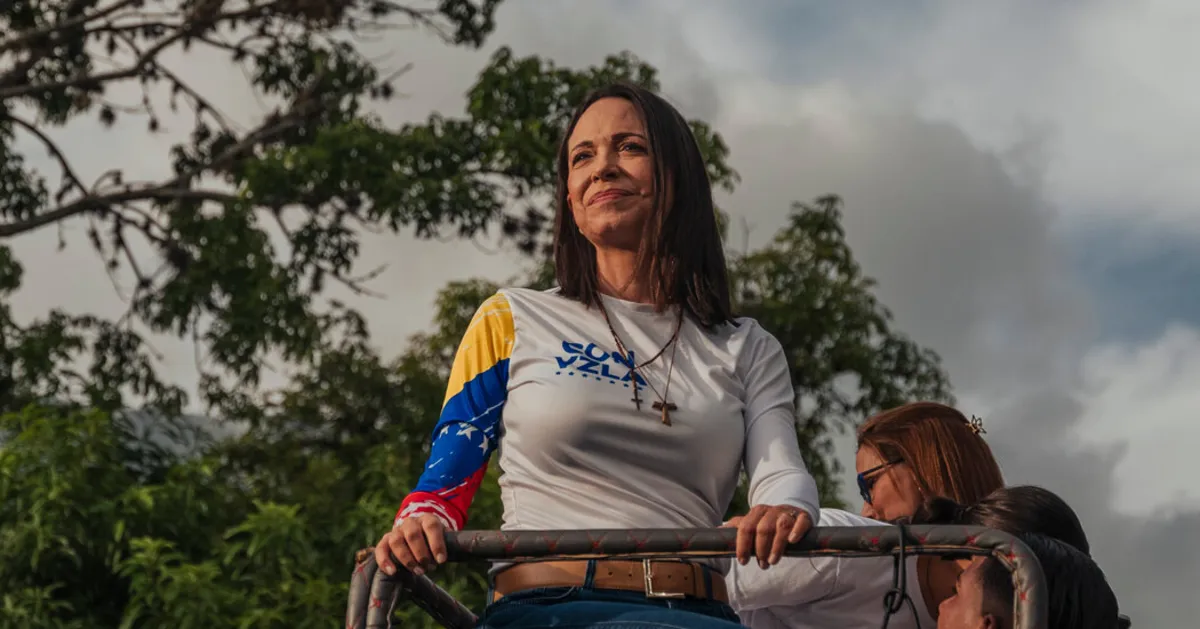
Formed in 1956, the movement representing survivors of the U.S. atomic bombings in Hiroshima and Nagasaki has grown into the largest organization of its kind. This collective group quickly emerged as a vital voice advocating for the social and economic rights of survivors. Over the years, they have diligently collected and shared thousands of testimonies from those affected, sending delegations to international conferences to rally support for nuclear disarmament.
Despite the passage of time, more than 100,000 survivors of the 1945 bombings were still alive last year. Many of these individuals grappled with survivors’ guilt and severe health issues resulting from radiation exposure. For years, they faced societal rejection in Japan, being perceived as living reminders of the horrific consequences unleashed by the atomic bombs.
The efforts of this organization have not gone unnoticed. The Nobel Committee awarded them recognition for “its efforts to achieve a world free of nuclear weapons” and for showcasing through personal testimonies why nuclear weapons must never be used again. In his Nobel Prize lecture in 2024, survivor and co-chair Terumi Tanaka highlighted the group’s participation in the United Nations Special Sessions on Disarmament during 1978 and 1982. At that time, the world was on edge, with rising tensions between the United States and the Soviet Union, reigniting fears of nuclear conflict.
Today, nine nations are recognized as nuclear powers: the United States, Russia, France, China, Britain, Pakistan, India, Israel, and North Korea. According to the Union of Concerned Scientists, there are nearly 13,000 nuclear weapons in the global stockpile. Since the bombings of Hiroshima and Nagasaki, there have been no instances of nuclear weapons being employed in warfare.
Following the Nobel Peace Prize win, Tanaka has remained vocal against the proliferation of nuclear weapons, urging younger generations to join the cause. In a guest essay for the New York Times in August, he cautioned that nations are increasingly relying on nuclear deterrence as a military strategy, warning that future generations might witness the onset of World War III. “I’m not politicking for it,” he stated, “I have a lot of people that are.”
Meanwhile, former President Donald Trump has been vocal about his ambitions for the Nobel Peace Prize. With the Norwegian Nobel Committee set to announce this year's laureate in Oslo, speculation surrounds whether Trump's recent diplomatic efforts in the Gaza Strip will have any bearing on his chances. In a social media post, he emphasized, “BLESSED ARE THE PEACEMAKERS!” following a significant announcement regarding a deal between Israel and Hamas.
Despite his claims, Trump's eligibility for this year's prize may be questionable, as the award typically acknowledges achievements from the previous year. Additionally, his domestic policies, which some argue undermine democratic principles, could detract from his candidacy. Critics have pointed out his alliances with figures like Vladimir Putin and his withdrawal from international agreements as factors complicating his peacebroker image.
Trump has consistently expressed his belief that he deserves the Nobel Peace Prize, citing his role in normalizing relations between Israel and Arab nations through the Abraham Accords. However, experts such as Nina Graeger from the Peace Research Institute Oslo have urged the committee to distinguish between Trump’s rhetoric and tangible achievements. She emphasized that the prize celebrates sustainable peace, a criterion that may not align with some of Trump’s foreign policy decisions.
As the Nobel Committee deliberates, the broader implications of their choice will unfold. The committee has a history of making controversial decisions, and as Graeger noted, “A candidate doesn’t have to be perfect.” The global landscape continues to evolve, and with it, the push for nuclear disarmament remains an urgent issue. Survivors of the atomic bombings stand as poignant reminders of the devastating consequences of nuclear warfare, continuing to advocate for a safer, more peaceful world.